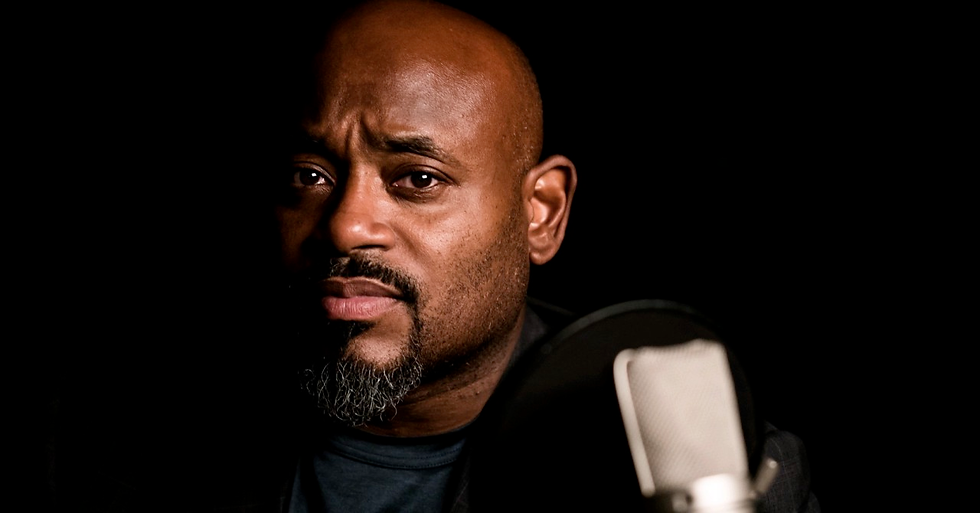Building the Blueprint: The Art of Team Building for Independent Artists
- Mars
- Oct 23, 2024
- 3 min read
In a recent United Masters podcast, David Malhado, Head of Marketing, and King Carter, EVP of South Coast Music Group and manager to DaBaby, shared key insights on what it truly means to build a team as an independent artist. Both highlighted that no artist can succeed alone, even in the independent space, and building the right team is essential for sustainable success.
Transitioning from Artist to Architect
King Carter’s personal journey from being a local artist in Charlotte to managing one of hip-hop's biggest names, DaBaby, served as a testament to how integral relationships and team building are in the music industry. Early in his career, Carter was known for his grind and local recognition as an artist, which eventually led to his collaboration with DaBaby. He emphasized that, even with his established connections, the turning point in DaBaby’s rise was building a team that could handle different aspects of the career.
“When you start realizing that you are doing everything, and giving 200%, but still need to do more, it's time to delegate,” Carter said during the podcast. He shared how he and his team were initially responsible for everything—from driving to collecting payments and booking shows. But over time, they realized that bringing in experts for specific roles was critical to growing the brand.
Delegation and Trust: The Pillars of a Strong Team
One of the biggest lessons Carter emphasized was the importance of recognizing your strengths and weaknesses as an artist and a team leader. Delegating tasks to those more skilled in certain areas is key to accelerating growth. “I was holding the camera, but I wasn’t a cameraman,” Carter explained, referencing the need to bring in specialists to ensure every aspect of DaBaby’s visual presence was polished. He made it clear that as an artist evolves, so should the team around them, as building expertise in areas like digital marketing and video production becomes essential.
Compensation: Pay Now or Pay Later
In an industry often driven by passion, Carter also spoke about compensating your team when resources are limited. Early in DaBaby’s career, financial limitations meant that many team members worked on the promise of future returns. But that’s where the vision comes into play. “You’re going to get taken care of, but you’ve got to believe in the long-term vision,” he said, stressing the importance of having a team that’s not just in it for the immediate paycheck.
Lessons Learned: Hard Work Beats Talent
The conversation also touched on some of the hardest lessons learned along the way, particularly the value of hard work. “If you’re a lazy artist, I don’t want you nowhere around me,” Carter stated bluntly, referencing his need for relentless work ethic from both artists and team members alike. He encouraged independent artists to stay focused on their craft and surround themselves with people who bring value and ambition to the table.
The Bigger Picture: United Masters’ Split Pay
Wrapping up the podcast, David Malhado introduced United Masters’ new feature, Split Pay, which allows artists to share royalties with their team members. This feature underlines the philosophy of inclusivity that Carter and Malhado spoke about—everyone on the team should benefit from the success of the artist.
By making it easier for artists to pay their team members—be it a photographer, videographer, or producer—Split Pay ensures that all contributors are fairly compensated. This aligns with the podcast’s central message: to grow as an independent artist, you need the right team, the right strategy, and an unwavering belief in the vision.









Comments